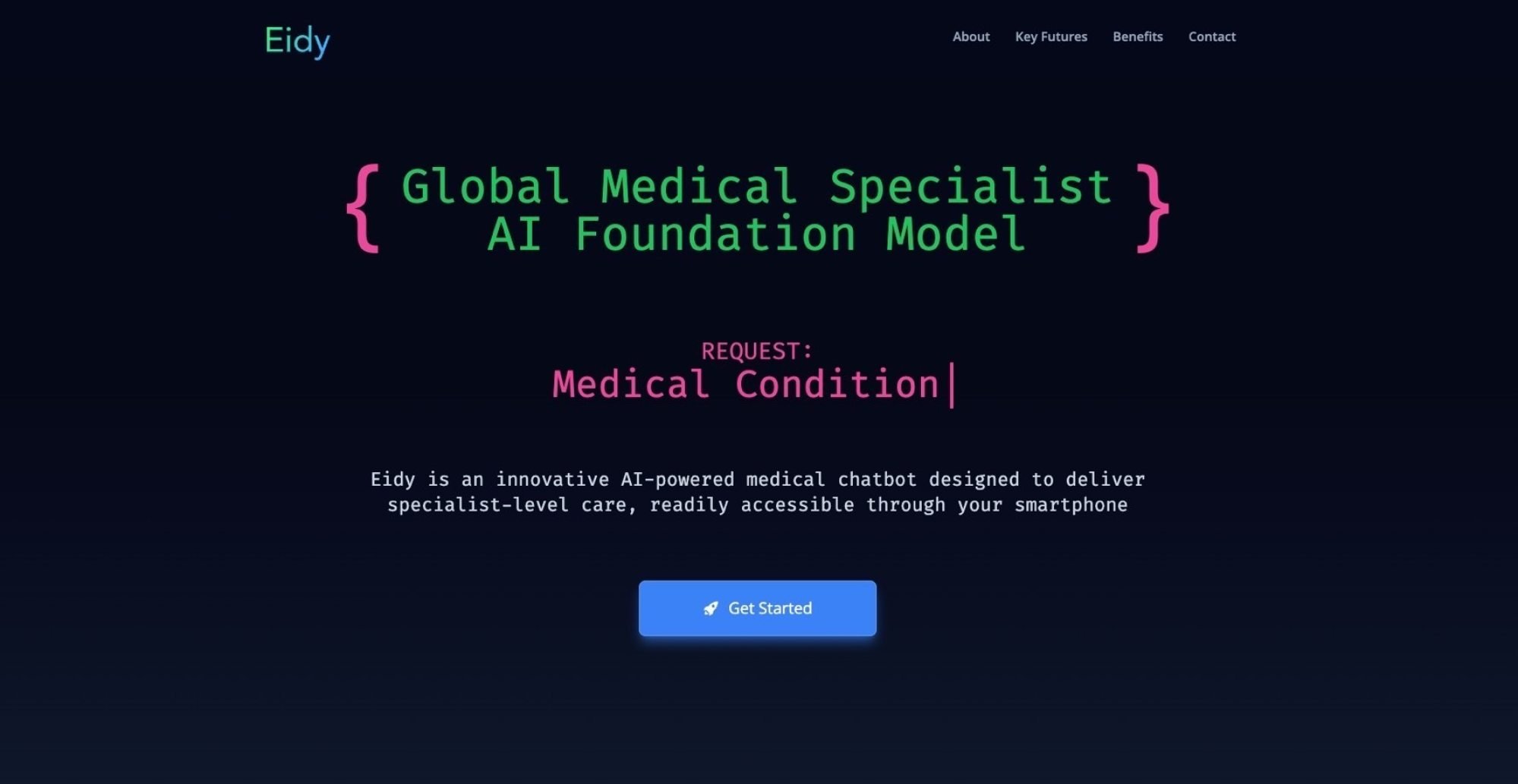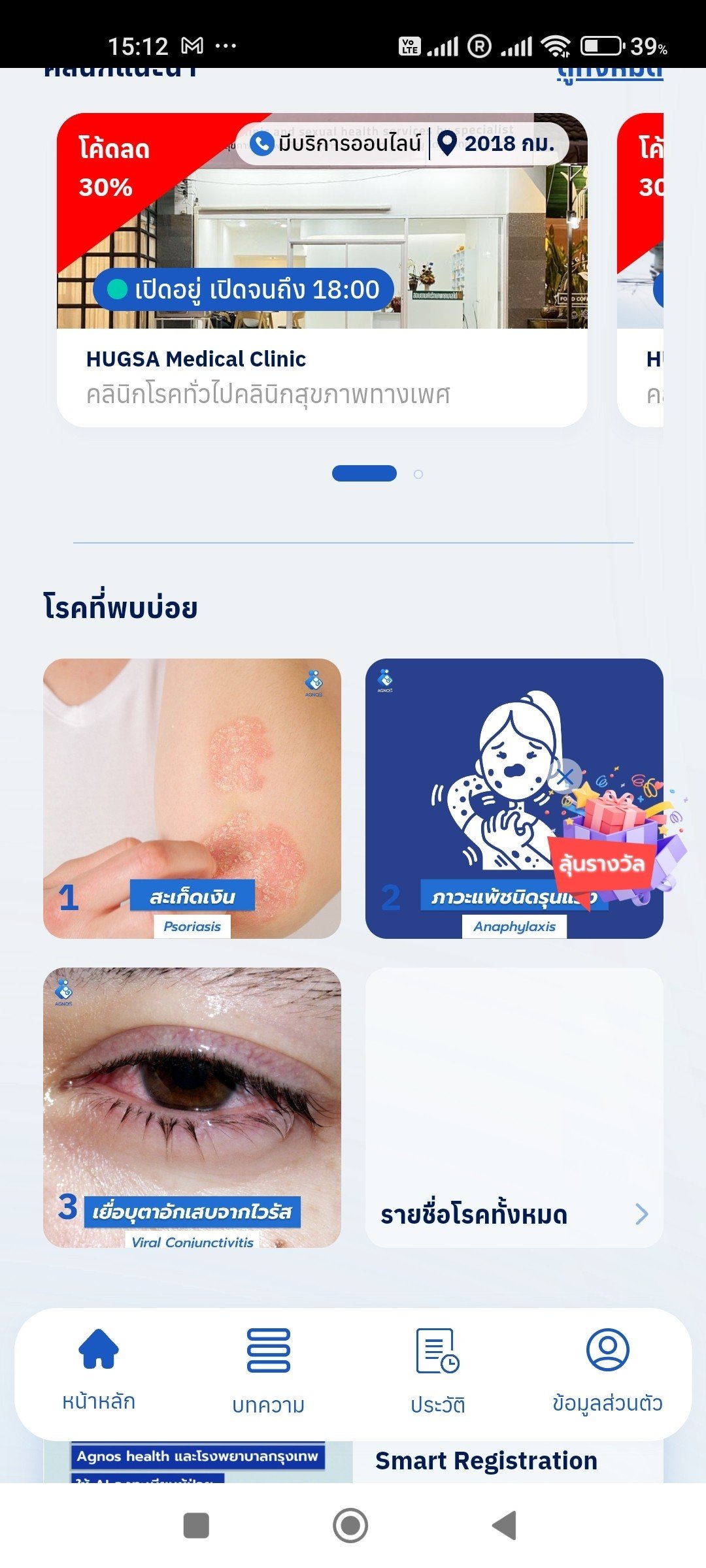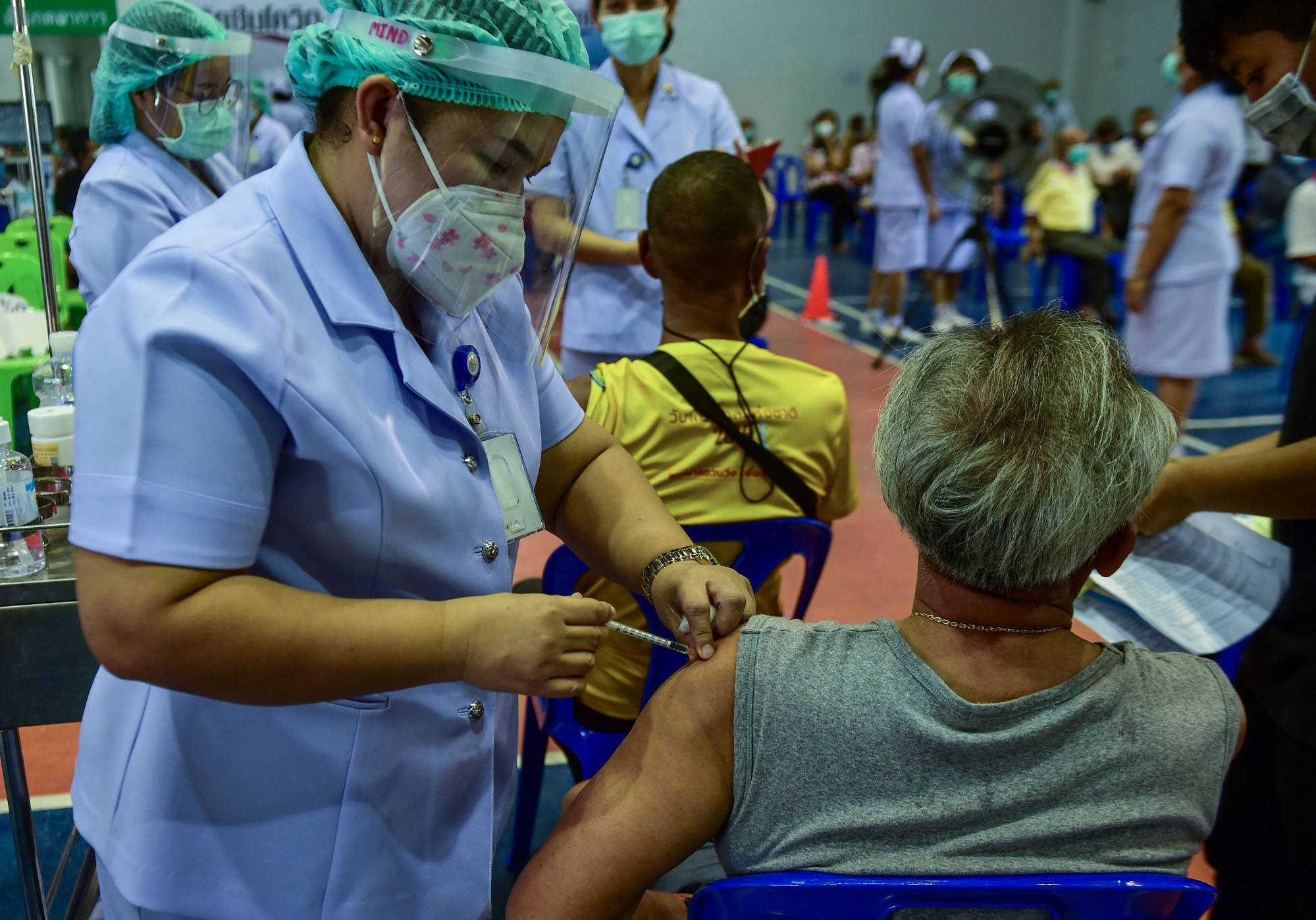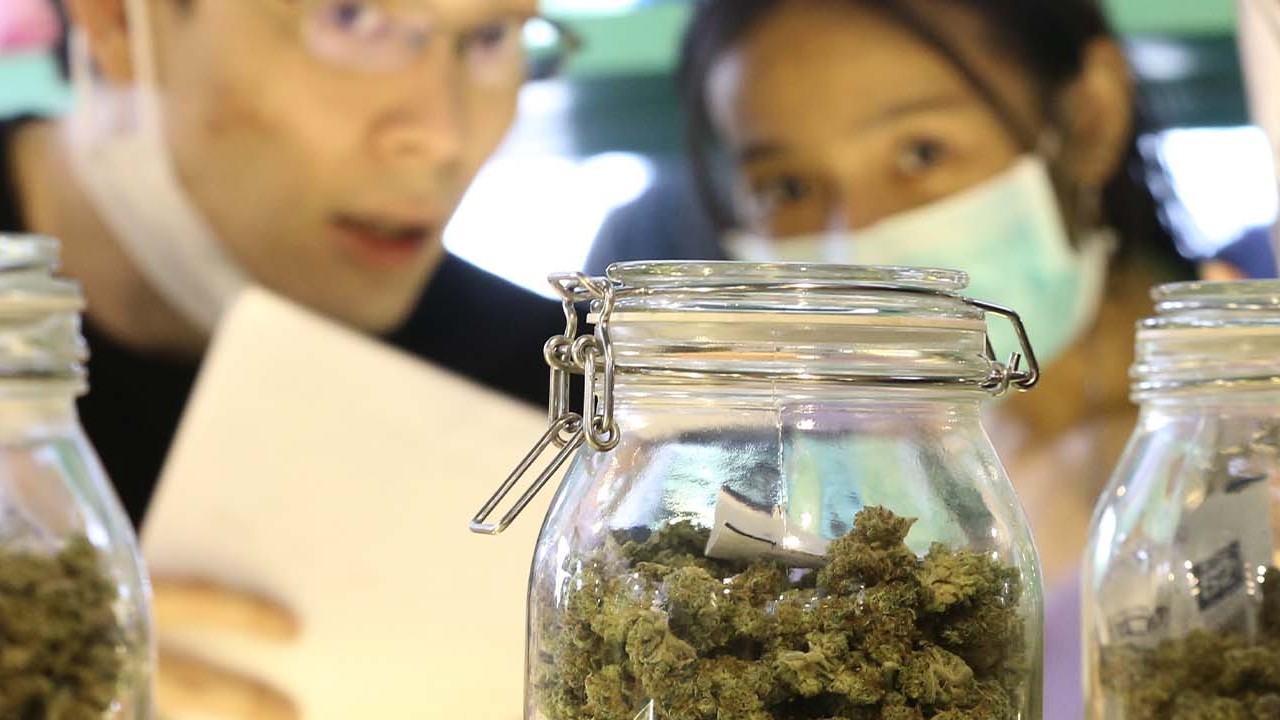“They were really, really nice people. But they died because they worked two consecutive days [without any breaks]. And they didn’t sleep at all,” she said.
“I want to find a solution to change how we operate. People [doctors] shouldn’t be carrying all the responsibility and the burden of the problems in our health system,” she said. “We can do better.”
According to Navaporn, there are also some unreported cases of suicide among overworked healthcare workers in Thailand.
Thais are covered by three health insurance schemes, and the biggest one – the tax-funded Universal Coverage Scheme (UCS) – covers about 75 per cent of the population. Thais were previously required to pay 30 baht as a co-payment for a medical appointment, but this was abolished in 2006.
Now, doctor appointments, emergency services and even check-ups by high-cost specialists are free.

Problems arose because people took advantage of free medical services, said Agnos Health CEO Paphonwit Chaiwatanodom.
“There are plenty of cases where people with a general fever will go to the emergency room at night. In Thailand, it’s very common because healthcare is free,” he said.
In addition, general practitioners were not tasked to screen patients for specialist treatment. But people would queue at the front doors of hospitals from as early as 5am to see a doctor for five minutes or to get over-the-counter medicine, Paphonwit said. Even a five-hour wait time would not deter people from lining up, he added.
Public doctors often work 120 hours a week, with many having to see up to 100 patients a day, according to Paphonwit.
An engineer by training, Paphonwit has developed an AI-enabled health screening platform “Agnos” that doctors in overcrowded hospitals can refer to patients. The technology helps patients understand their symptoms, provides preliminary diagnosis and navigates them to the right service, whether it is a pharmacy or hospital.
Apart from tackling overcrowding in hospitals, Paphonwit said the platform could help improve medical literacy in and screen for illnesses such as dementia and mental health.
“The problem is huge. And we [entrepreneurs] can only educate [a small percentage] of the population. We still have a long way to go,” he said.
“Right now, we are partnering with public hospitals to divert self-care patients out of hospitals so that the sick patients who really need medical attention can get care faster.”

But there were challenges including getting patient buy-in to use a non-human application for a medical diagnosis, although the pandemic had improved public awareness of technological solutions, Paphonwit said.
He also needed to make sure users understood the disclaimers that online screening did not constitute a medical diagnosis.
Dr Chai Kobkitsuksakul, a radiologist who works across various Thai public hospitals, told This Week in Asia that what AI-enabled healthtech such as those of Agnos and Eidy could do for doctors like him was to prepare initial readings of radiology results.
While human doctors would still need to check AI’s work to prevent misdiagnosis or malpractice at this early stage of innovation, it would help ease the workload of many overwhelmed radiology departments.
“AI-enabled health technology can act as crucial assistants to doctors,” he said.
This Week in Asia reached out to the Thai ministry of health on conditions at public hospitals but did not receive a response.
NHSO Secretary General Jadej Thammatacharee said the agency had implemented measures to alleviate heavy workloads, including promoting self-care among the public, to reduce unnecessary hospital visits.

Last year, after telemedicine caught on during the pandemic, the NHSO partnered with “Doctor at Home”, an online platform, to help Thais understand basic health issues, including circumstances that warrant hospital visits.
The government is planning to expand free healthcare to eight more provinces, stateless people and non-Thais. While Navaporn welcomed the move, she said poor implementation could cause more bottlenecks and stress among doctors and patients.
“The system keeps changing due to political instability, so no one addresses the problems seriously. When people resign, the burden falls on those who remain and the cycle continues,” she said.
In 2022, the Medical Council of Thailand mandated that doctors should not work more than 40 hours a week and a four-hour rest should follow a 24-hour shift.
However, few hospitals enforced the rules and the culture of overworking persisted, Navaporn said.
“If we show our weakness and complain about being tired, we would get blamed by colleagues [for slacking],” she said.
“The culture of Thai people is to sacrifice themselves for the community.”
Meanwhile, the Thai government has been supportive of medical tourism and supporting foreign investments into the growing private hospital industry, according to Jeffrey Chi, vice-chairman of global venture capital firm Vickers Venture Partners.
While medical tourism could boost the Thai economy, it would make things worse for the public system because doctors – particularly younger ones – are leaving public hospitals for the better-paying private ones, according to Navaporn and Paphonwit.
Nonetheless, entrepreneurs and the private sector could work together to solve the problems of the Thai public health sector beyond telemedicine, Chi said.
Among the opportunities for such collaboration were the development of systems to digitise medical records and apps and devices for better management of chronic diseases such as diabetes, and cardiovascular diseases, he added.
.


